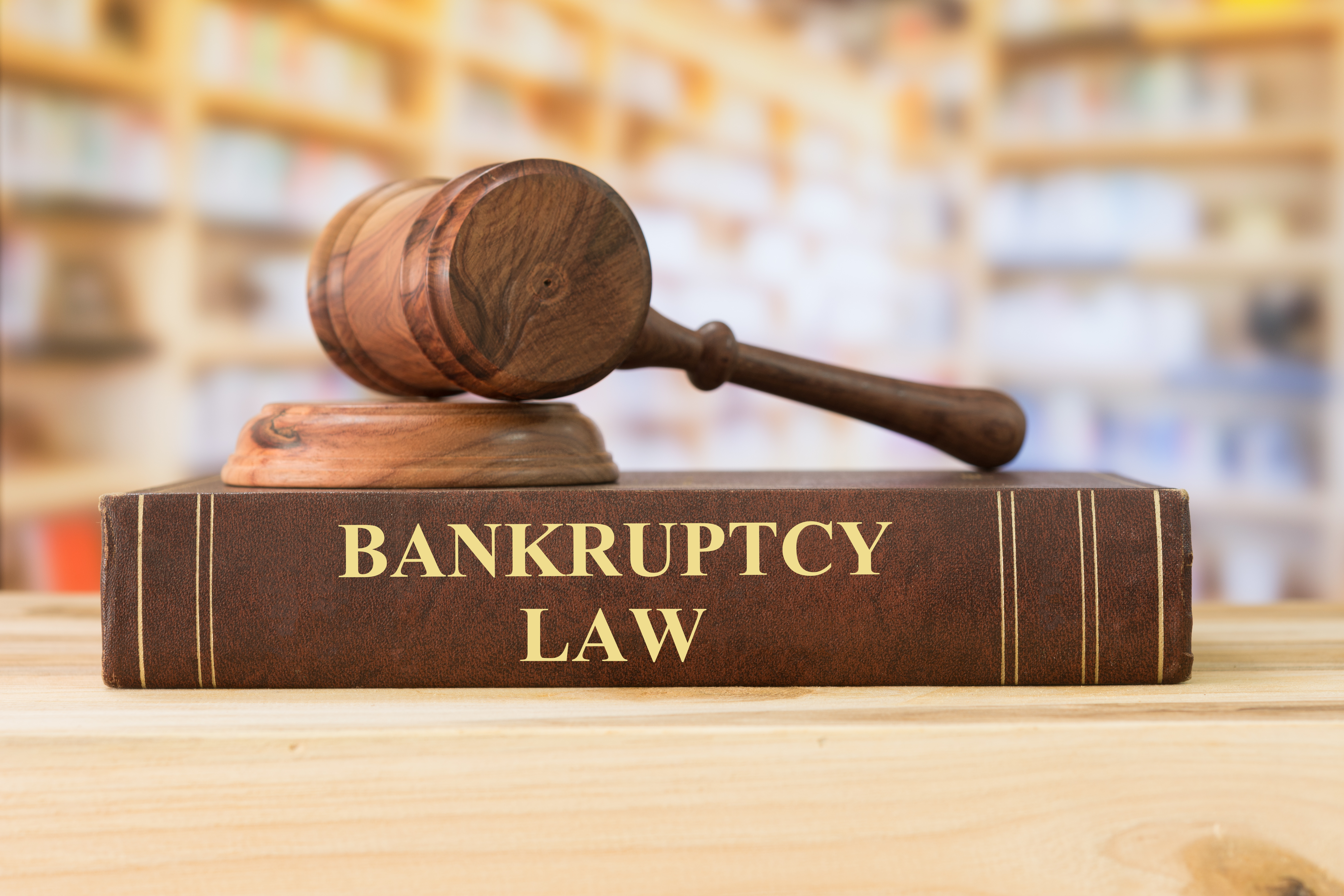3 min read
Bankruptcy Court Grants Extension of Reinvestment Period Due to COVID-19
RMDLG Staff
:
December 12, 2020

The COVID-19 pandemic has caused increases in unemployment, businesses to shut down, bankruptcies, and additional stresses to the real estate market. Clay Dudley brought a Motion for Additional Time to Purchase New Residential Homestead because of the COVID-19 pandemic. He sold his Homestead Property in Chico, California intending to reinvest it. His request for additional time is unique because he alleged the COVID-19 pandemic prevented him from reinvesting Homestead Proceeds at an appropriate time.
Background
Clay Dudley filed a chapter 7 petition in November 2019. He claimed a $175,000 homestead exemption in his (Homestead) property. His Homestead Property was abandoned to the debtor without objection in December 2019. The debtor sold it shortly thereafter and the debtor received Homestead Proceeds of over $112,000. The Homestead Proceeds have the same exempt status as the Homestead Property. The Homestead Proceeds will lose their exempt status if not reinvested in a replacement homestead within six months of when they were received.
The COVID-19 pandemic occurred at a time when Mr. Dudley attempted to reinvest his Homestead Proceeds. It has shut down commerce, closed businesses, eliminated employment, and changed life at local, state, and national levels. In response to the pandemic, California Governor Gavin Newsom issued a Proclamation of a State of Emergency in March 2020. He followed this by issuing a “stay at home order” directing all individuals in California to stay home or at their residence except as necessary to obtain essential services. The California Public Health Officer listed real estate workers as critical. It also limited scheduling property viewings to a single potential buyer and prohibited open-house viewings. Mr. Dudley stated the limited availability of mortgage loan funds and restrictions on access to property affected his ability to acquire a replacement homestead
Trustee Request to Vacate Abandonment Order
The trustee requested to vacate the abandonment order. The order was denied by the bankruptcy court without prejudice. The court found the trustee’s response to Mr. Dudley’s motion was not properly filed, set, and served motion. The court noted Fed. R. Civ. P. 60 does not provide relief for litigation decisions made by a party which the party later regrets based on subsequently-acquired knowledge.”
Debtor’s Request for Extension
Mr. Dudley identified the amount of the homestead but not the nature of it or the statutory basis of the obligation to reinvest the Homestead Proceeds. He sold the Homestead Property after it was abandoned. Because he referred to a six-month period that runs from the receipt of the proceeds and when the sale of the property closed, the court opined, “it may be that the six-month reinvestment period arises under while Cal. Civ. Proc. Code § 704.960 of the California Code of Civil Procedure. Under Cal. Civ. Proc. Code § 704.720, the six-month reinvestment obligation runs from the date proceeds are received, while Cal. Civ. Proc. Code § 704.960 runs from the date of the sale.
California Bankruptcy Law
According to 11 U.S.C.A. § 541, the debtor’s property becomes property of the bankruptcy estate when a debtor files bankruptcy. The bankruptcy code 11 U.S.C.A. § 522 allows states to provide their own exceptions. California exercised this option by making the federal bankruptcy exemptions inapplicable in the state. As the case In re Tallerico, 532 B.R. 774, 779 (Bankr. E.D. Cal. 2015) noted, “a bankruptcy court construing California exemptions applies a state-law rule of decision.
California’s six-month reinvestment period is equitably tolled when, through no fault of their own, exemption claimants lacked possession or control over homestead proceeds following a sale of the homestead and were unable to timely invest the proceeds. The court noted other bankruptcy courts that construed similar reinvestment obligations reached similar conclusions. In re Marriott, 427 B.R. 887, 893 (Bankr. D. Idaho 2010). The case In re Bading, 376 B.R. 143 (Bankr. W.D. Tex. 2007) demonstrates the reinvestment period is equitably tolled when the debtor received homestead proceeds following a sale of the homestead, but circumstances beyond the debtor’s control prevent the timely reinvestment of the proceeds.
The bankruptcy court stated nothing in the record suggested Mr. Dudley “intended to squander the Homestead Proceeds or otherwise use them improperly or for a nonexempt purpose.” He stated he intended to reinvest the proceeds in another homestead, but was unable to because of the effects of the COVID-19 pandemic and California’s current state of emergency. The court concluded this “is an equitable basis to toll the debtor’s six-month reinvestment period…”
Conclusion
Under normal circumstances, a person is given six months to close on a replacement property to avoid a loss of exemption. The U.S. Bankruptcy Court found the issue was “not when the six-month reinvestment period begins to run,” but whether the reinvestment period can be extended or tolled once it has started to run. The United States Bankruptcy Court of the Eastern District of California held in favor of Clay Dudley in his request for a Motion for Additional Time to Purchase New Residential Homestead. The trustee’s request to vacate the order abandoning the property to the debtor was denied without prejudice.
The COVID-19 pandemic has been a serious burden on the U.S. Over 100,000 people have died, over 42 million people have filed for unemployment, businesses have been shut down leading also to an increase in bankruptcies throughout the nation. The court’s decision was reasonable considering the pandemic affected Mr. Dudley’s ability to reinvest his Homestead Proceeds. If the pandemic has also affected your financial outlook and is considering bankruptcy, we can help. Contact Rocky Mountain Disability Law Group at (303) 534-1958.



